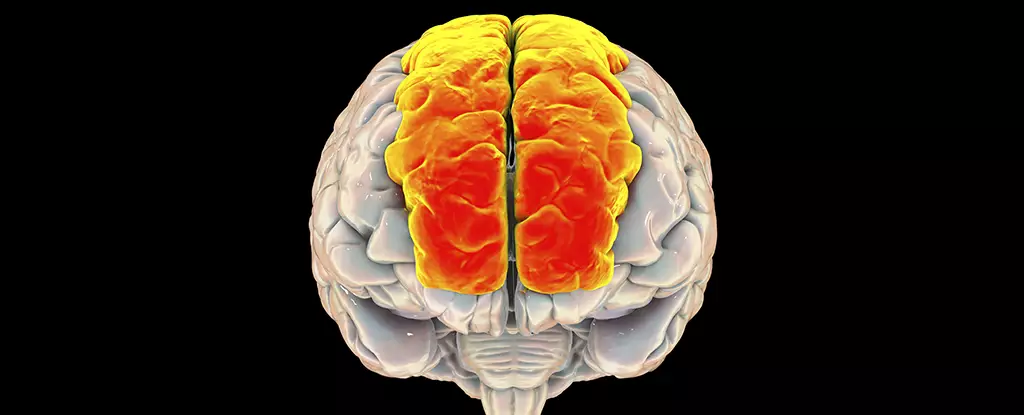Sepsis is a severe condition that can wreak havoc on the body, particularly on the brain. The body’s overreaction to an infection can lead to extensive harm in the brain, causing cognitive impairment, disability, and in the worst cases, proving fatal. The frontal cortex, responsible for controlling the body’s movements, speech, and emotional expression, is significantly affected by sepsis. This leads to dramatic reductions in oxygen levels and blood flow, resulting in cognitive difficulties that are hard to treat, delirium, and even coma.
A recent study conducted by researchers from the University of Melbourne in Australia has shown promising results in treating sepsis with a ‘megadose’ of sodium ascorbate, a salt made from vitamin C. The study, which involved sheep as test subjects, demonstrated a remarkable reversal of the extensive harm caused by sepsis in the brain. The animals, which were lethargic and unresponsive prior to receiving the treatment, quickly regained alertness and normal behavioral patterns after the administration of sodium ascorbate.
Vitamin C is well-known for its anti-inflammatory properties and its ability to regulate the body’s immune system. These characteristics play a significant role in reversing the damage caused by sepsis in the brain. The researchers observed a notable increase in plasma vitamin C levels following the administration of sodium ascorbate, indicating the effectiveness of the treatment. The animals showed signs of improvement within hours of receiving the megadose, suggesting a beneficial effect on the brain.
While the results of the study on sheep are promising, further research is needed to determine the safety and efficacy of sodium ascorbate as a treatment for sepsis in humans. Clinical trials have shown mixed results in the past, but this new research brings us closer to finding a treatment that works universally for sepsis patients. The researchers have already conducted a small clinical trial on septic patients using sodium ascorbate, with ongoing phases to further evaluate its benefits.
The study on the effects of sodium ascorbate on sepsis-induced brain damage highlights the potential of vitamin C as a treatment for this life-threatening condition. The remarkable improvements seen in the animal subjects provide hope for finding a universal treatment for sepsis, offering patients a chance at recovery and improved quality of life. Further research and clinical trials are necessary to validate these findings and bring us closer to a breakthrough in sepsis treatment.


Leave a Reply